You often think you're in good hands with your insurance company, but unfortunately that's not always true. We have seen countless families and businesses suffer devastating losses and get paid only pennies on the dollar from companies they once trusted. Protect yourself, your family, your business and your home by following these steps when filing your claim and dealing with your insurance company following a flood and wind event.
Life-changing steps to take following a natural disaster:
First things first:
- Make sure it is safe to re-enter your home or business.
- Determine if you have flood coverage for your structure and contents.
- If your home or business has suffered damage, contact your insurance company immediately to file a claim.
Important steps people often miss:
- Document, document, document! Take as many photographs to document the floodwater in and outside of your property as possible. Specifically, take photographs of any flood lines that are visible both inside and outside your property. Also be sure to photograph your damaged furniture and other personal property if you have contents coverage.
- If you have damage to your furniture and other personal property, take time to thoroughly document each damaged item. In addition to photographs, make a detailed list of each damaged item, including its age and dollar value.
- If you hire a contractor to begin repairs, document your payments. Keep copies of checks or bank statements to show your insurance company what they owe you for completed repairs.
- Document all communication with your insurance company and any agent or adjuster you speak with, including the date, time and the name of the person you spoke with. Keep all paperwork from your insurance company, and write yourself notes that you can use later, or show to your attorney when the insurance company doesn't pay.
Don't settle for less:
- Don't give up! You have a right to appeal your insurance company’s payment! The time limit to appeal is short, however, so contact an attorney right away if you feel you were underpaid or if you need assistance working with your insurance company to recover what you are owed.
Our firm has recovered hundreds of millions of dollars in insurance payments for thousands of flood victims from Hurricane Katrina, Hurricane Ike, Hurricane Sandy and many other natural disasters. We've spoken around the country regarding the issue. Here's a news excerpt from our trip to Long Beach, CA, via thepatch.com, with more helpful advice:
[Houghtaling] joined other experts who warned residents about settling too easily or naively with insurance companies, while a contractors' nonprofit organization discussed repairs, bankers talked about financing, and the town building department reviewed permit issues.
Houghtaling emphasized the legal responsibility of insurance companies to pay homeowners according to a legal schedule and said that they are required to pay out certain amounts of money even if the homeowner insists on more. And homeowners were warned not to sign releases if they weren't satisfied with the offer.
Playing off slogans, he warned that while agencies liked to portray themselves as good neighbors, keeping customers in their good hands, adjusters and insurers are "misinforming people and telling people things that just aren't true," he said.
Homeowners need to pay attention to whether damage is attributed to wind or flooding because that affects who pays for it.
"You're going to be told a lot that isn't true," he said. "The chronology of damage is very important," he said.
His firm, Gauthier, Houghtaling & Williams, has filed class action and other suits stemming from the hurricanes that clobbered New Orleans in recent years, handling thousands of claims by businesses and homeowners. As managing partner, he said his firm never turns away homeowners in need of legal assistance.
John Hogan, president of the local chapter of the National Association of the Remodeling Industry, said he'd heard complaints from different sides, from stalled decisions on repairs to homeowners trying to get insurance to cover unrelated repairs.

